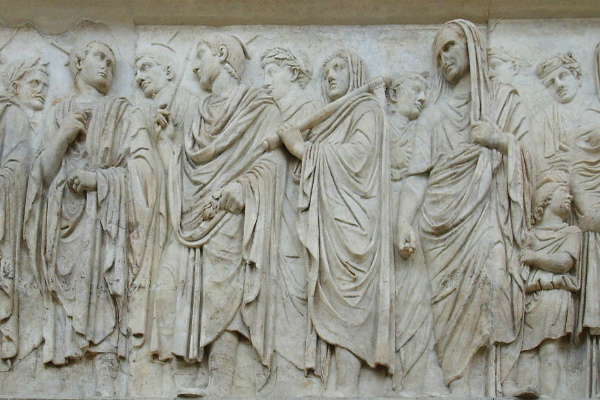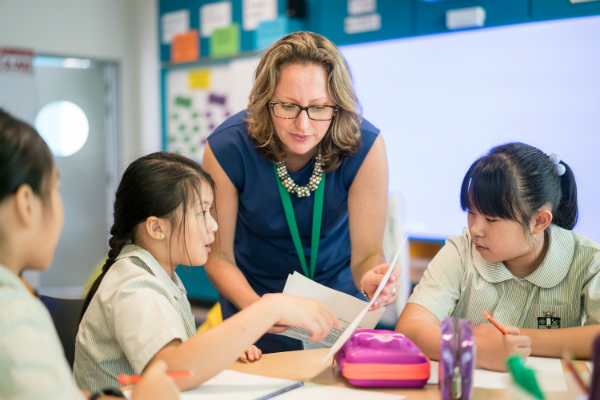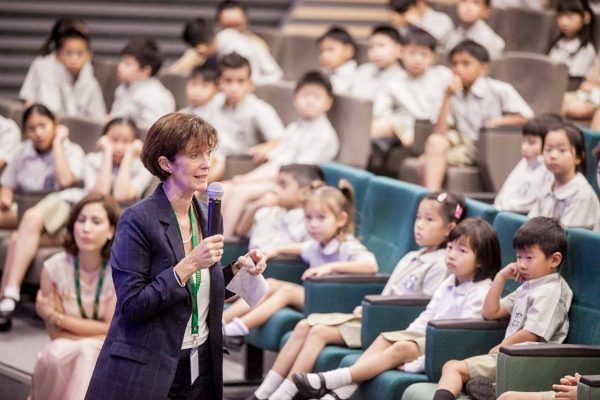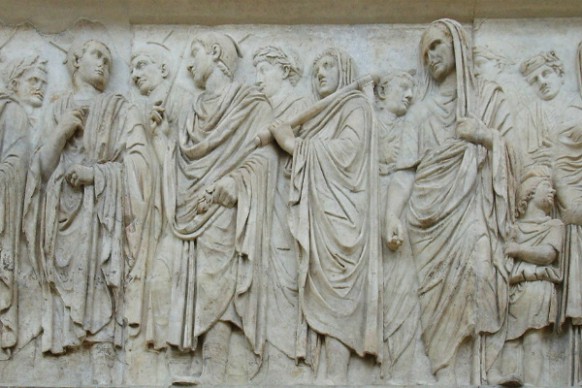The noble profession
Published by SchoolAdvisor | Sep 15, 2016Some of the greatest early educators in the Roman Empire were Ancient Greek travelling pedagogues who were entrusted to take young men under their tutelage.

They taught science, language, geometry, astronomy and meteorology although many citizens of the time failed to see the merits of intellectual growth because far greater importance was placed on physical fitness.
Today, numerous educational reformations later, those merits are virtually undeniable in every nation. Although teachers no longer need to physically travel to spread knowledge, they go through a unique journey in growing the hearts and minds of children.

Beyond updating in-depth knowledge in their areas of teaching, teachers in private and international schools today adopt teaching styles and methods that complement the ethos of diversity and autonomy in 21st century learning.
As a profession, teaching is associated with immense passion and dedication. Educating young minds is guided by the desire to impart knowledge, create meaning in the lives of children, and contribute to society in a manner that is vital to the success of future generations.

“It’s not just about teaching mathematics or English – teachers’ jobs require a much wider range of skills,” says Eileen Quigley, elementary school principal of St Joseph’s Institution International School Malaysia (SJIIM).
These skills include the ability to be an effective moderator in the classroom while getting students to participate in active learning.
Recent Articles
- How Nexus International School Malaysia Empowered James Low’s Future
- Meghan Lim: A Journey of Leadership and Growth
- How Alice Smith and KTJ Shaped Chelsea Lim’s Success
- Rethinking Education: Fostering Lifelong Passion, Character, and Well-Being in the Next Generation
- How Fairview International School Ipoh Helped Shape Isabel Chin's Journey








 Login with Google
Login with Google